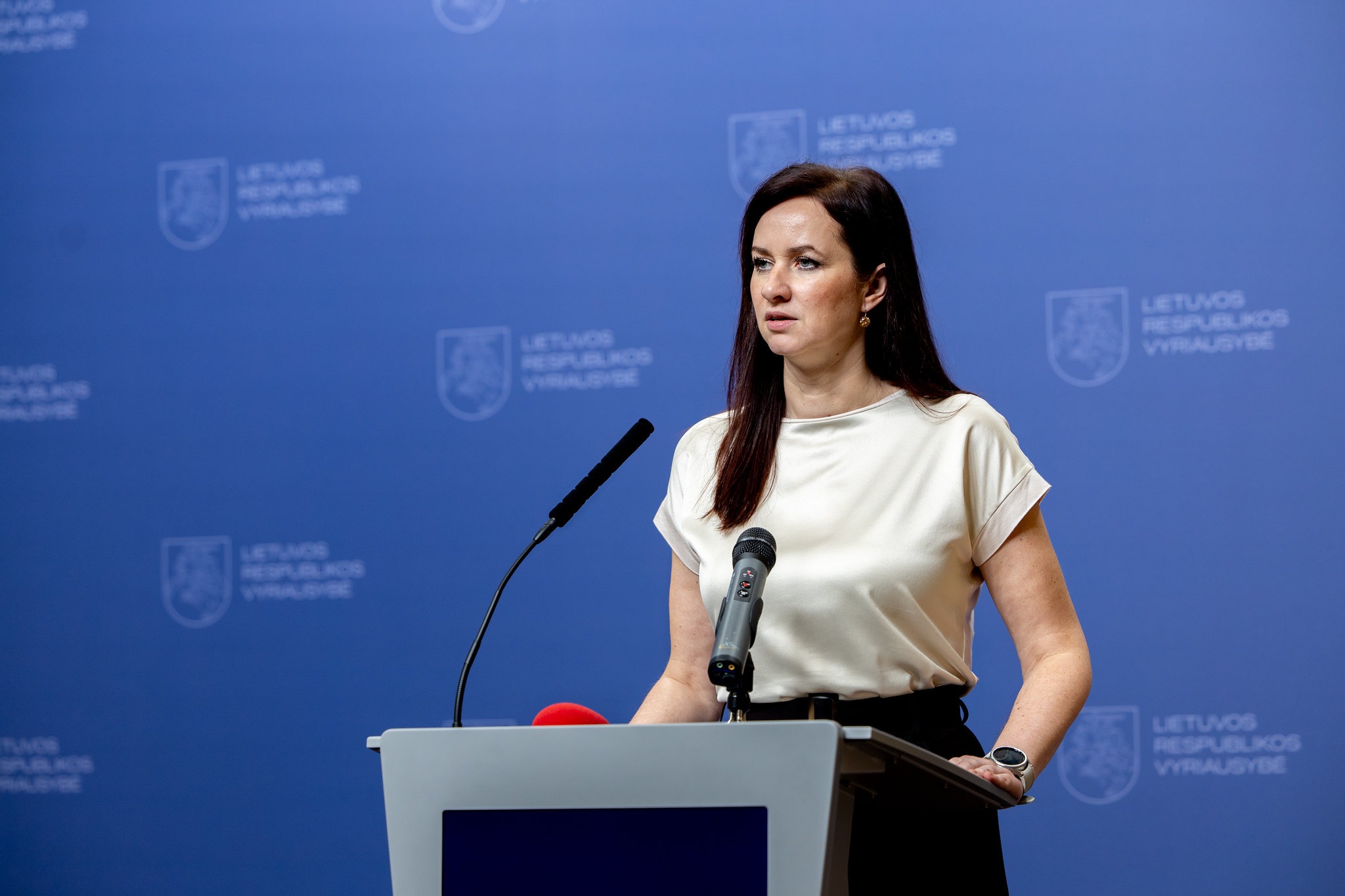
Main narratives:
- Fabrication of an incident to provoke Russia;
- Russophobia.
Overview:
Last week, after Estonia reported that three Russian MiG-31s had violated its airspace for 12 minutes, pro-Kremlin online commentators were quick to deny the incident. They demanded ‘objective radar data’ and accused Tallinn of making the claim for political reasons. Official Russian spokespeople portrayed the incident as a NATO provocation intended to “stir up tensions”, while sympathetic commentators offered alternative explanations, such as radar error or routine flights over neutral waters. The narrative was amplified on social media with a mix of flat denials and nationalist rhetoric boasting of Russian military strength. This reflects a familiar pattern in Moscow’s information strategy of combining technical rebuttals in official media with emotional framing online to cast Russia as the victim and the West as the aggressor.
Against the backdrop of news about the illegal violation of Estonia’s airspace by Russian fighter jets, the opposition parliamentary party Isamaa demanded the immediate closure of the land border with Russia. This demand was quickly reflected in publications within Russian-language Facebook groups, where it was presented as the position of Estonia’s official authorities, who, according to some commenters, are systematically pursuing a “Russophobic policy.” At the same time, the statement by Minister of the Interior Igor Taro that there are no grounds for a full closure of the border received much weaker coverage.
However, the name of the Interior Minister was mentioned in Russian-language social media groups for another reason as well. Information leaked to the media that the Ministry of the Interior intended to draft amendments to the Penitentiary Code introducing criminal liability for monitoring terrorist propaganda. Under criticism, including from the Ministry of Justice, the Interior Ministry under Igor Taro abandoned the idea of drafting such amendments. Nevertheless, this provided pro-Kremlin commentators with an opportunity to accuse the Estonian leadership of seeking to “criminalize thought crimes.” Such an interpretation fitс perfectly with the main Kremlin narratives about the “absence of genuine freedom of speech and freedom of conscience” in Western countries.









